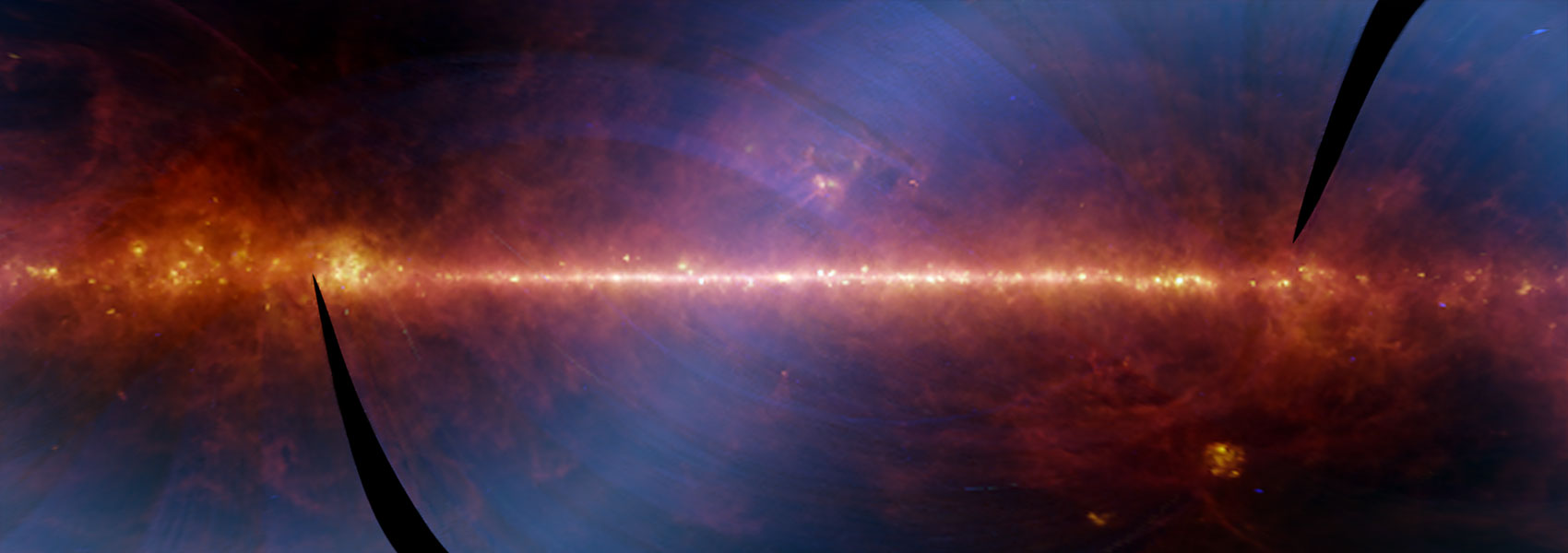December
2011
•
2011ApJ...743...50C
Authors
•
Cushing, Michael C.
•
Kirkpatrick, J. Davy
•
Gelino, Christopher R.
•
Griffith, Roger L.
•
Skrutskie, Michael F.
•
Mainzer, A.
•
Marsh, Kenneth A.
•
Beichman, Charles A.
•
Burgasser, Adam J.
•
Prato, Lisa A.
•
Simcoe, Robert A.
•
Marley, Mark S.
•
Saumon, D.
•
Freedman, Richard S.
•
Eisenhardt, Peter R.
•
Wright, Edward L.
Abstract
•
We present the discovery of seven ultracool brown dwarfs identified with the Wide-field Infrared Survey Explorer (WISE). Near-infrared spectroscopy reveals deep absorption bands of H2O and CH4 that indicate all seven of the brown dwarfs have spectral types later than UGPS J072227.51-054031.2, the latest-type T dwarf currently known. The spectrum of WISEP J182831.08+265037.8 is distinct in that the heights of the J- and H-band peaks are approximately equal in units of f λ, so we identify it as the archetypal member of the Y spectral class. The spectra of at least two of the other brown dwarfs exhibit absorption on the blue wing of the H-band peak that we tentatively ascribe to NH3. These spectral morphological changes provide a clear transition between the T dwarfs and the Y dwarfs. In order to produce a smooth near-infrared spectral sequence across the T/Y dwarf transition, we have reclassified UGPS 0722-05 as the T9 spectral standard and tentatively assign WISEP J173835.52+273258.9 as the Y0 spectral standard. In total, six of the seven new brown dwarfs are classified as Y dwarfs: four are classified as Y0, one is classified as Y0 (pec?), and WISEP J1828+2650 is classified as >Y0. We have also compared the spectra to the model atmospheres of Marley and Saumon and infer that the brown dwarfs have effective temperatures ranging from 300 K to 500 K, making them the coldest spectroscopically confirmed brown dwarfs known to date.
Links


.png?1523393848)

